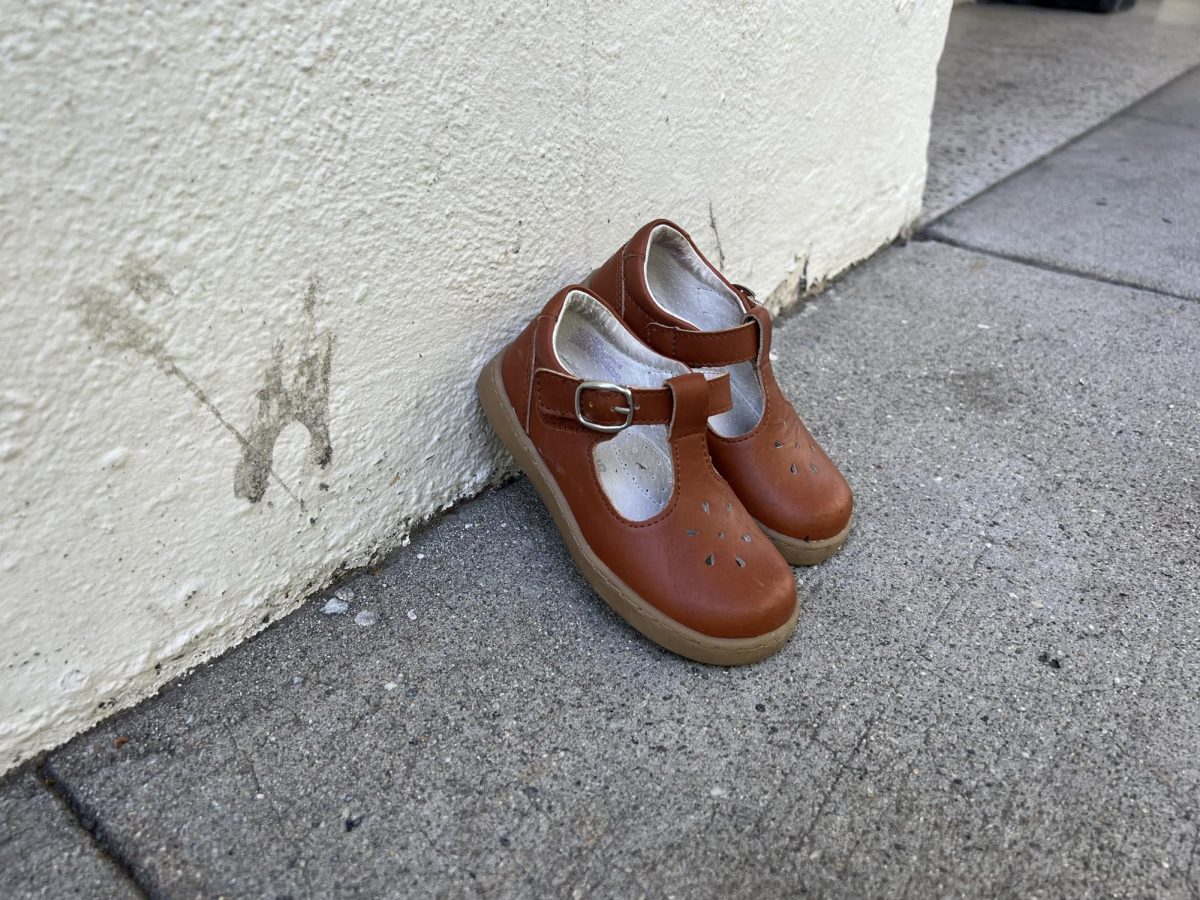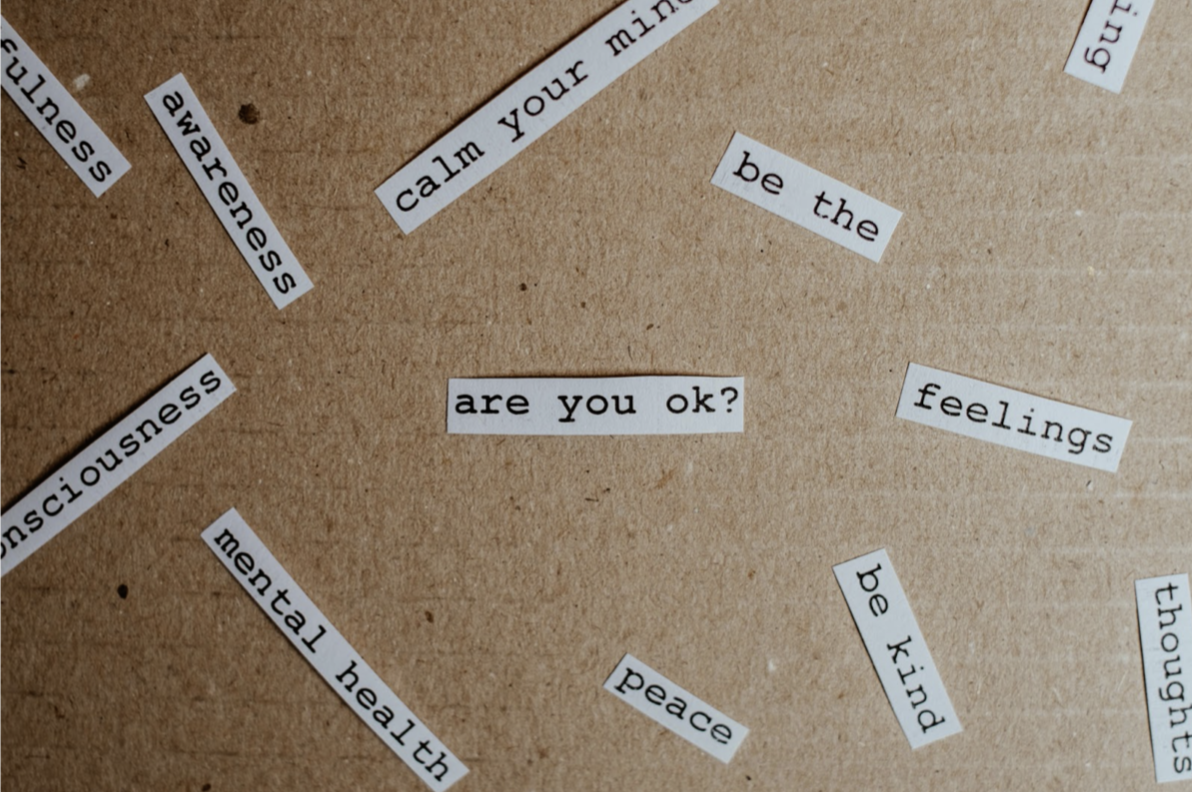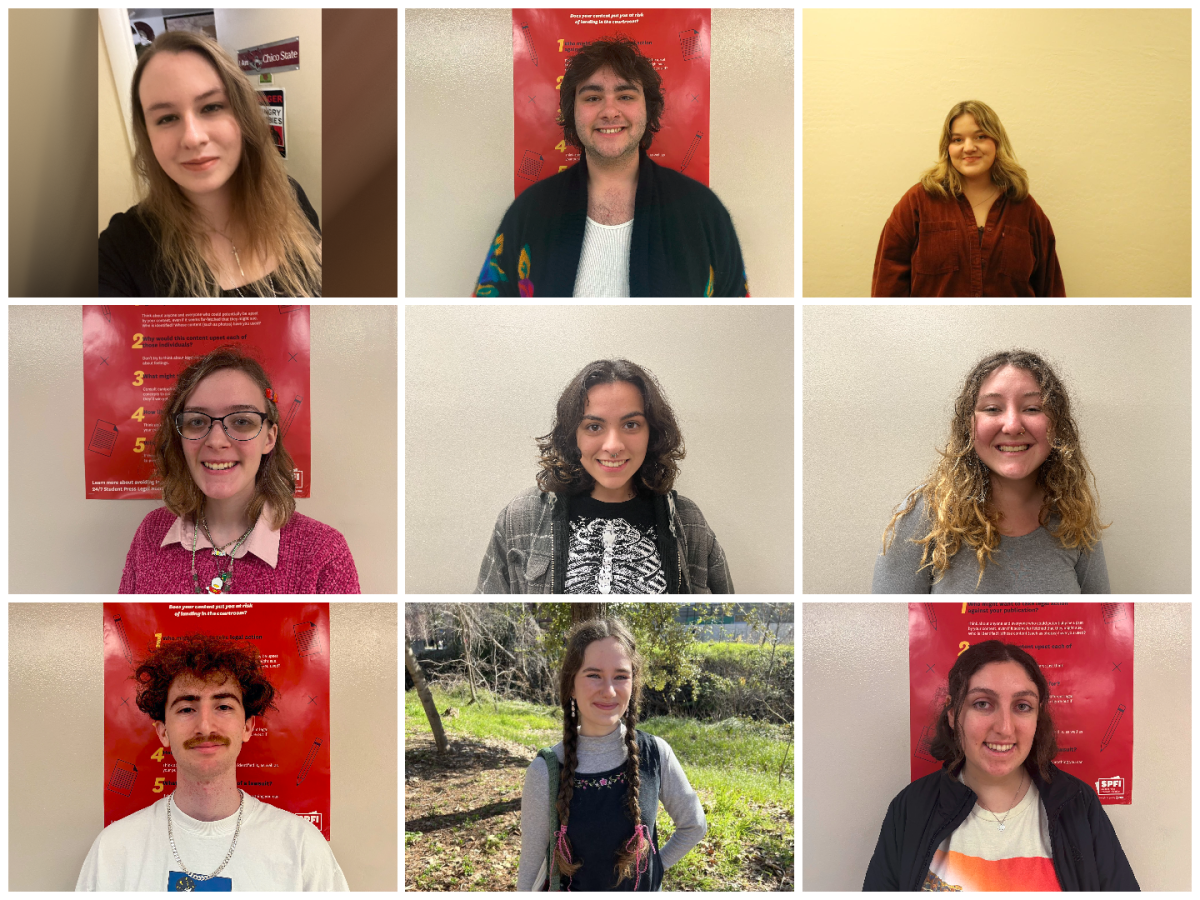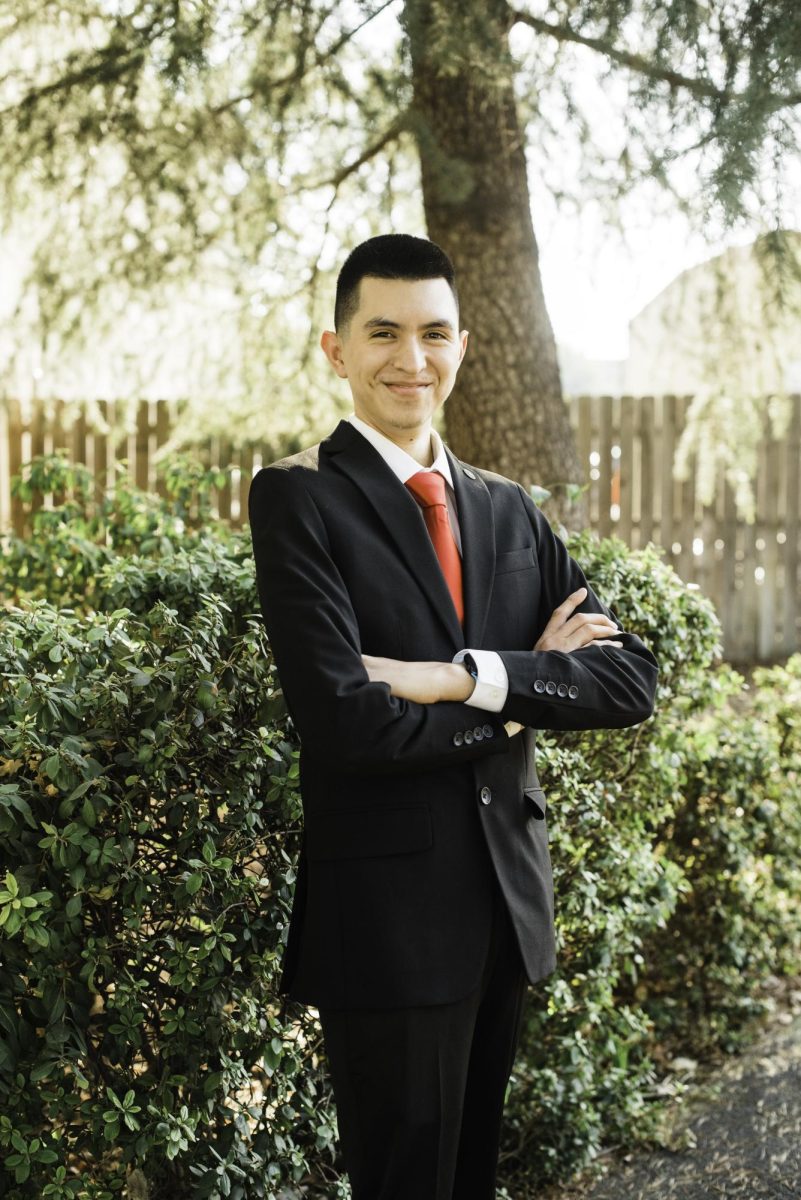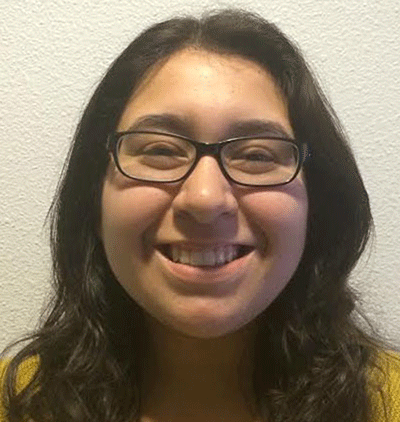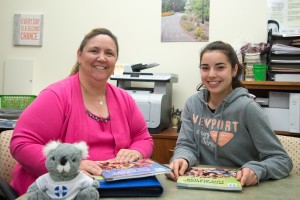
Bleeding or choking usually comes to mind when people think about first aid, but for some students, first aid involves learning how to talk someone out of suicide.
The Campus Alcohol and Drug Education Center is offering Mental Health First Aid certification training March 7 and 8.
The training teaches common warning signs and risk factors for mental health and substance abuse. It is an 8-hour course funded by the Mental Health Services Act and the chancellor’s office.
Jasmine Buck, a senior psychology major, went through the training last spring.
“I felt like it was very intensive, and it was nice to know that I have the skills to respond to people who may be suffering with something or some type of mental illness,” Buck said. “It makes me feel very empowered.”
These skills are applicable for everyone, she said. They can be beneficial in many ways.
“It’s something that we all deal with that we don’t necessarily always talk about,” Buck said. “It’s getting the conversation going, that you’re not alone, that other people feel this way and that we can help each other deal with these issues and get each other help.”
The California State University system has been very supportive, said Trisha Seastrom, CADEC program director. Every CSU campus is working on providing trainings, and each has at least one mental health first-aid instructor.
The course is very popular, Seastrom said. There is a limit of 30 people per training and the trainings are full every time. They are intense and personal.
“The training itself is designed to delve deep into these concerns, and so the training has to be kept small in order to keep the environment safe for this kind of dialogue,“ she said.
The training doesn’t teach people how to diagnose their friends, family or co-workers, Seastrom said.
“It teaches them how to recognize common signs and symptoms of the most common
mental health disorders and substance use disorders,” she said. “Also, how to help steer their
friends to self-help techniques and self-help strategies and to appropriate
professional help when those people are ready for that.”
The training uses science-based research recognized by the Substance
Abuse Mental Health Services Administration, Seastrom said.
“The
training is full of exercises that really strengthen participants’ experience of what
it might feel like to suffer from one of these disorders, what it might feel
like to experience psychosis or what it might feel like to experience a major
depression,” she said. “In that, it truly increases our empathy for others who are going
through this.”
The training increases empathy toward one another and reduces stigma, Seastrom said. Reducing stigma can encourage students to seek help.
“When they don’t feel judged, when they don’t feel blamed, they’re much more likely to ask and reach out for help,” she said.
Participants are given a solid action plan that can be used when dealing with illnesses or substance use disorders, Seastrom said.
Students who have participated came from diverse backgrounds, she said. They came from a variety of majors and disciplines across campus.
“We have students come into the training because they’re
seeing friends struggle with these issues and they want to be able to help,” Seastrom said.
Students also participate in the training to strengthen their job and leadership skills, she said.
Although training is attended primarily by students, faculty and staff are welcome to participate, Seastrom said.
“I think faculty and staff find it beneficial in terms of their work with students,” Seastrom said. “In many cases, it helps inform and helps them to be more effective with the students that they might be working with.”
The training is hands-off, she said.
“It’s sort of like the flier says: sometimes first aid isn’t a bandage,” Seastrom said. “Sometimes first aid isn’t the Heimlich. Sometimes first aid is you. Sometimes first aid is listening.”
Sadie LaBriere, wellness outreach coordinator for CADEC, is able to reach out to more people through the training, she said.
“I think really the training is about making it easier for people to have a conversation that they might not have had before,” she said. “It doesn’t have to be a professional. They can help someone who might be struggling.”
In 2012, one in five American adults experienced a mental illness, according to the Substance Abuse and Mental Health Services Administration’s website.
“Everyone in the room when we do the training has been touched by mental illness in some way,” LaBriere said. “They know someone or they themselves have experienced it. You realize how common it is just by having a conversation.”
Dominique Diaz can be reached at [email protected] or @dominiqueldiaz on Twitter.









